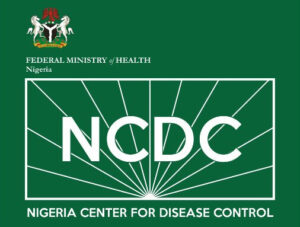
The Nigeria Centre for Disease Control and Prevention (NCDC) has heightened surveillance efforts following the confirmation of an Ebola Virus Disease (EVD) outbreak in Uganda.
Speaking in Abuja, NCDC Director-General Dr. Jide Idris reassured Nigerians that while no cases have been reported in the country, measures are in place to prevent the virus from spreading.
EVD, a rare but deadly disease, was first identified in 1976 near the Ebola River in present-day Democratic Republic of the Congo. It spreads through direct contact with the bodily fluids of infected individuals or animals, including fruit bats, chimpanzees, and gorillas.
According to Idris, Uganda’s Ministry of Health confirmed the outbreak on January 30, 2025, attributing it to the Sudan strain of the virus. The outbreak has resulted in one death, with health authorities tracking 44 contacts to contain further spread.
“In response to this development, the NCDC has updated its emergency contingency plan, increased screening at international airports, and optimized diagnostic capacity for EVD testing in designated laboratories,” Idris stated.
He emphasized the importance of vigilance, noting that the Sudan strain has no approved vaccine. “While there is no immediate cause for panic, early detection and containment are critical,” he said.
The NCDC advised Nigerians to take preventive measures, including practicing good hand hygiene, avoiding contact with symptomatic individuals, and refraining from consuming bushmeat, particularly bats and primates. Health workers were also urged to use personal protective equipment and report suspected cases promptly.
Although the World Health Organization (WHO) has not recommended travel restrictions, Idris advised against non-essential travel to affected countries. “Travelers returning from outbreak areas who develop symptoms such as fever, sore throat, vomiting, or unexplained bleeding should contact the NCDC toll-free number (6232) or their State Ministry of Health hotline,” he said.
Beyond Ebola, Nigeria is currently managing outbreaks of Lassa fever, meningitis, diphtheria, Mpox, measles, and anthrax. The NCDC reaffirmed its commitment to strengthening disease surveillance and response efforts nationwide.





